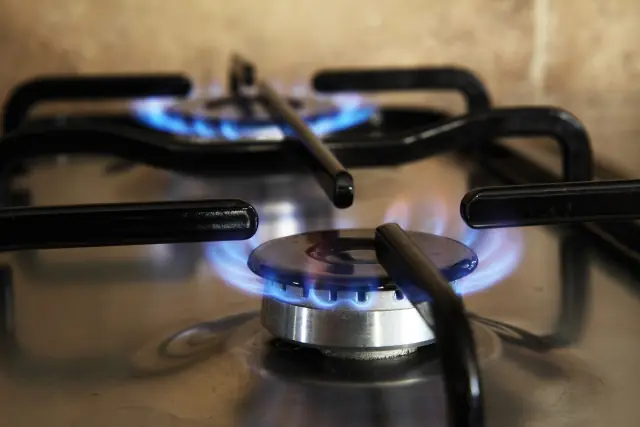
In August, Bulgarian consumers will experience a 4.5% increase in natural gas prices as the Commission for Energy and Water Regulation (KEVR) adjusts rates to 60.75 leva per megawatt-hour (MWh).
This new rate, exclusive of additional costs such as access, transmission, excise duty, and value-added tax (VAT), applies to sales conducted by “Bulgargaz” EAD to final suppliers and entities licensed for the production and transmission of thermal energy.
The slight increase from July’s prices has been primarily attributed to an anticipated shortfall in gas supplies due to essential maintenance on the Trans-Adriatic Pipeline (TAP).
Scheduled repairs will reduce deliveries by approximately 200,000 MWh from August 5 to August 11, temporarily diminishing the supply of more competitively priced Azeri gas, which has been a significant component of Bulgaria’s energy mix.
As a result of these repairs, the proportion of Azeri gas in the overall supply mix is expected to decrease to 68.65%. This shift will necessitate greater reliance on stored gas from the Chiren underground storage facility, which is notably more expensive.
Consequently, the overall cost of natural gas for Bulgarian consumers will rise to reflect this increased dependency on higher-priced storage gas.
The Commission’s decision followed a proposal from “Bulgargaz” EAD, which initially sought a 5.7% increase in natural gas prices for August. However, after reviewing the market conditions and the impact of the temporary reduction in TAP supplies, KEVR opted for a more moderate adjustment.
The repairs on the Trans-Adriatic Pipeline are a critical maintenance activity designed to ensure the long-term reliability and efficiency of the infrastructure, which is vital for the transportation of natural gas from the Caspian region to Europe.
Despite the short-term supply disruptions, such maintenance activities are essential for the continued operation and safety of the pipeline.
In response to the price adjustment, industry analysts have highlighted the importance of the Azeri gas in keeping Bulgaria’s energy costs competitive.
The temporary reduction in supply from TAP underscores the vulnerability of Bulgaria’s energy market to external supply disruptions and the need for diversification in energy sources.
“Bulgargaz” has assured consumers that all necessary measures are being taken to mitigate the impact of the supply shortfall.
The company is coordinating closely with international partners to manage the situation and ensure that the supply needs of Bulgarian consumers are met without significant disruption.
For Bulgarian households and businesses, the increase in natural gas prices comes at a time of broader economic challenges. Rising energy costs can have a ripple effect, potentially influencing the prices of goods and services across various sectors.
The government has been monitoring the situation closely and is expected to take additional steps if necessary to support consumers and mitigate the economic impact.
The temporary supply disruption and subsequent price increase also highlight the strategic importance of Bulgaria’s energy infrastructure and the need for ongoing investment and development.
As the country continues to navigate the complexities of the global energy market, maintaining a balance between supply security and cost-efficiency remains a key priority for policymakers.
As the repairs on the Trans-Adriatic Pipeline conclude and regular supply resumes, it is anticipated that the natural gas prices will stabilize, offering some relief to Bulgarian consumers.
Until then, the focus remains on managing the current situation effectively and ensuring the energy needs of the nation are met.
